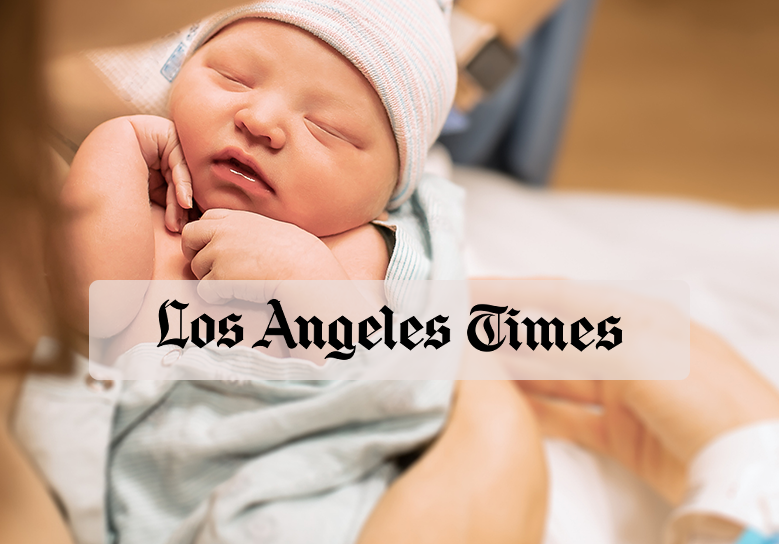Today, one of my patients inquired about a recent news report she had read about birth defects being seen at a higher rate with IVF. This is a question all parents are rightfully concerned about. What do we know about children conceived through IVF and their future health risks? In the past 30 years, it is estimated that nearly 4 million children have been born as a result of IVF treatment. In most countries, national registries collect data on all IVF cycles and make it possible to look at outcomes of pregnancies conceived through IVF.
What we know of health outcomes of children conceived through IVF
It is generally accepted that the risk of having a baby with a major birth defect occurs in 3-4% of all pregnancies. Minor birth defects may be seen in another 1-2%. Most of the birth defects seen are not preventable. The most common birth defects seen include chromosomal abnormalities, cardiac (heart) limb and nervous system (brain and spine) defects.
Pre-pregnancy screening and treatment of any medical condition that may have an adverse affect on pregnancy is critical. For example, we know that a diabetic in poor control may have a 2-3-fold increase in the risk of having a baby with a birth defect. Lifestyle factors such as smoking, alcohol consumption and exposure to environmental toxins may increase the risk of birth defects and congenital syndromes.
Obesity has also been linked to a higher risk of birth defects. Maternal age, and to a much lesser extent paternal age, will increase the risks of a child having a chromosomal abnormality. Using supplemental Folic acid (400-800 mcg/d) will reduce the risk of a neural tube defect (Brain and Spine) by as much as 50-70%.
In reviewing the available information, it does appear that pregnancies conceived through IVF might have a higher incidence of birth defects. A number of well-done studies have seen either no increase in birth defects or a slight increase in birth defects with IVF (including ICSI).
However, in many of the studies, this increase appears to be seen only when comparing the fertile population to women who have a history of infertility. Infertile women, whether they become pregnant naturally or through treatment, including IVF, have a higher risk of having a baby with a birth defect.
Pregnancies conceived through IVF have historically had an increased risk for multiple pregnancy. In any multiple pregnancy, conceived naturally or with Fertility treatment, there is a greater risk of birth defects, preterm (early) labor and delivery, low birth weight. With the increasing acceptance of transferring fewer embryos and the use of single embryo transfer, the risks of multiple pregnancy can be significantly reduced.
In a recent publication from Sweden, the risks of twins dropped from 30 % to 6% with the policy of transferring 1, but not more than 2 embryos. As the rate of multiple pregnancies has declined, so has the risk for preterm labor and delivery. By reducing the risk of multiple pregnancy, we see fewer complication to the mother during the pregnancy such as high blood pressure, gestational diabetes, anemia and C-Section.
For the children, reduction in preterm delivery reduces the chance of complications that may include low birth weight, cerebral palsy, chronic breathing problems and long-tern vision issues.
A number of long-term follow-up studies have now been done following the health and development of children born through IVF. The available data is very reassuring. There does not appear to be any significant difference in the health and development of IVF children as compared to the general population conceived naturally.
I believe the available information we have should allow us to feel good about the health of IVF babies. Reducing the incidence of multiple pregnancies and entering pregnancy in the best possible health will help to reduce the risks of birth defects or future developmental issues. Make sure to discuss your concerns with your doctor.






